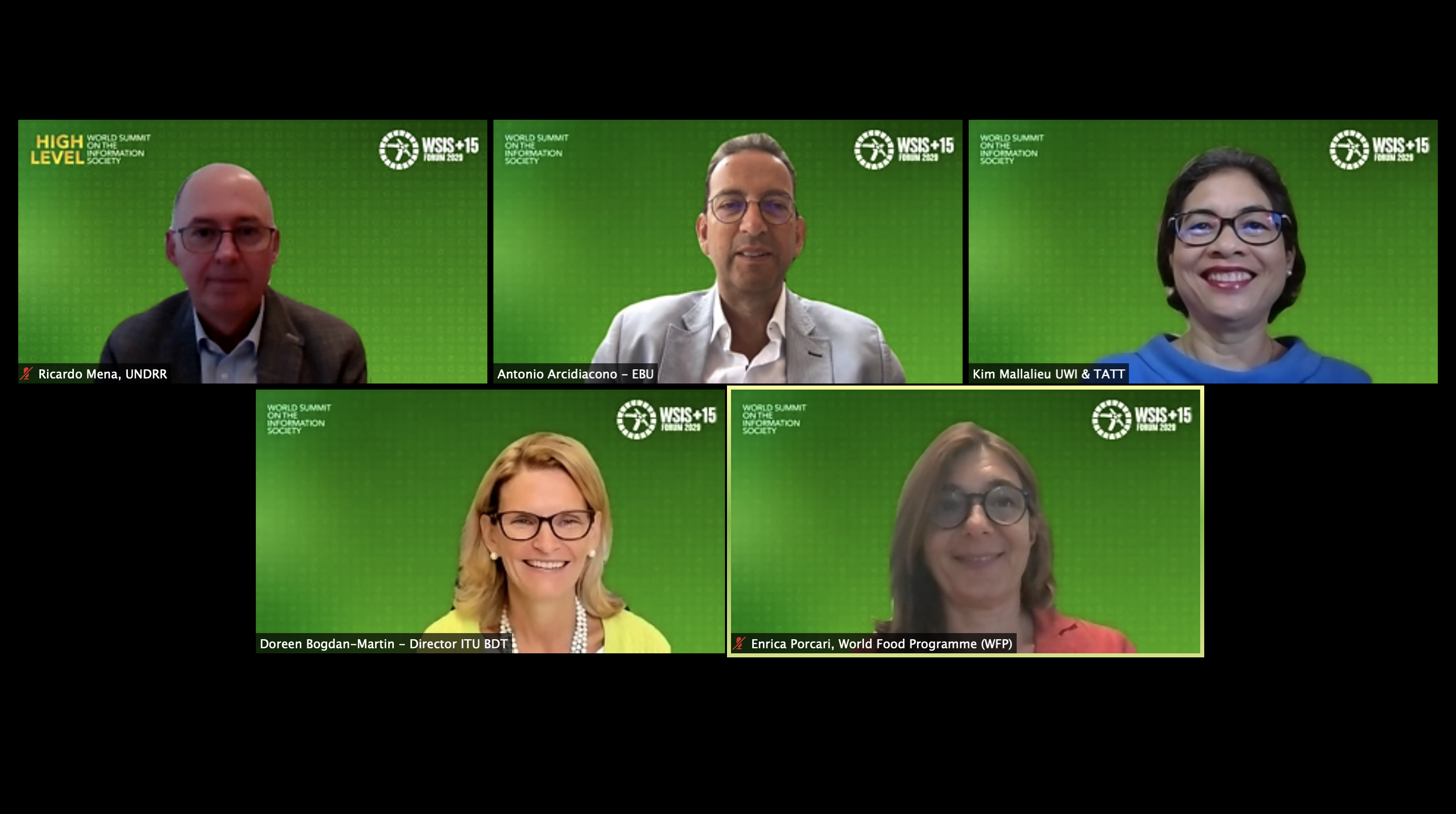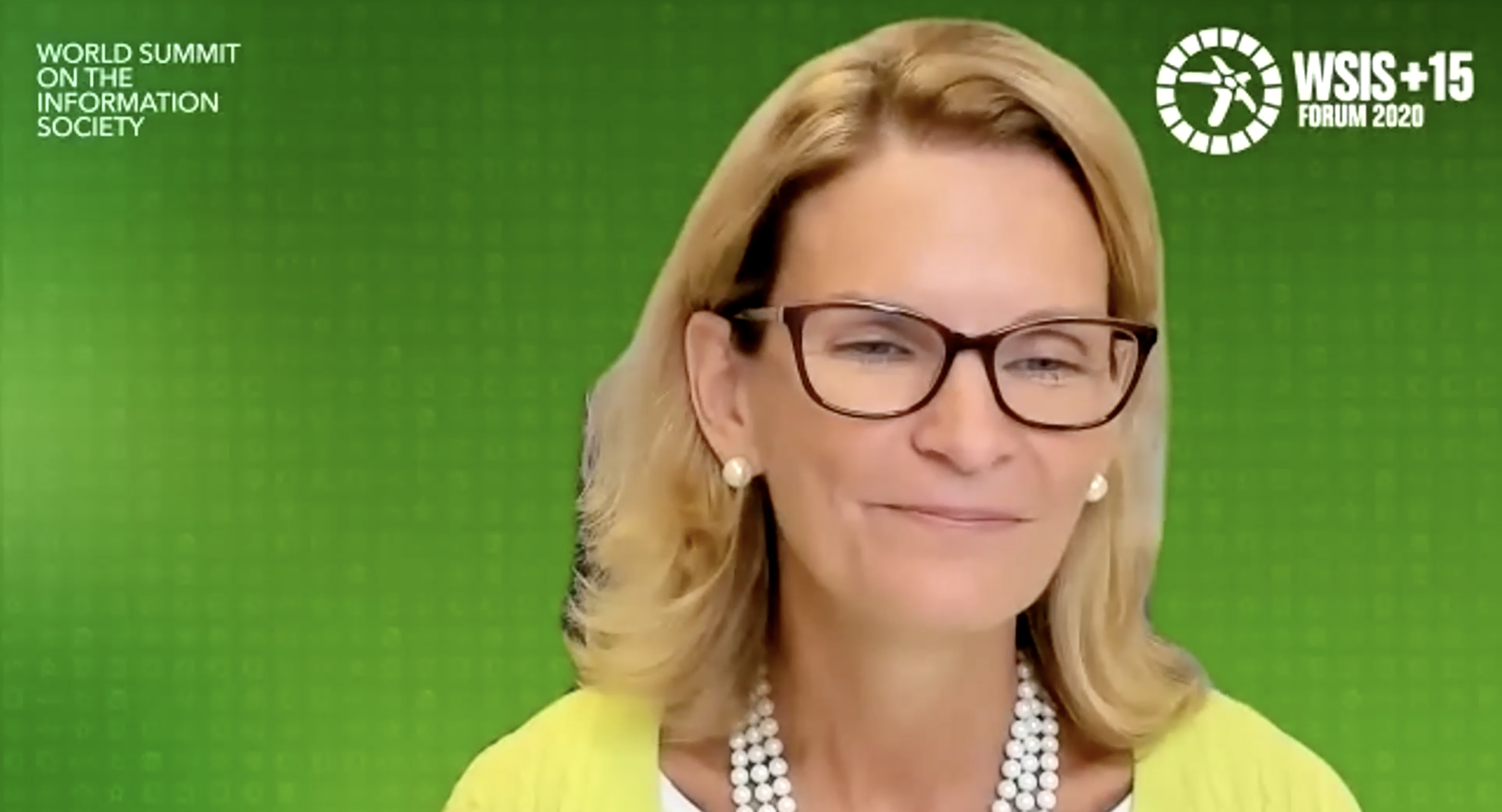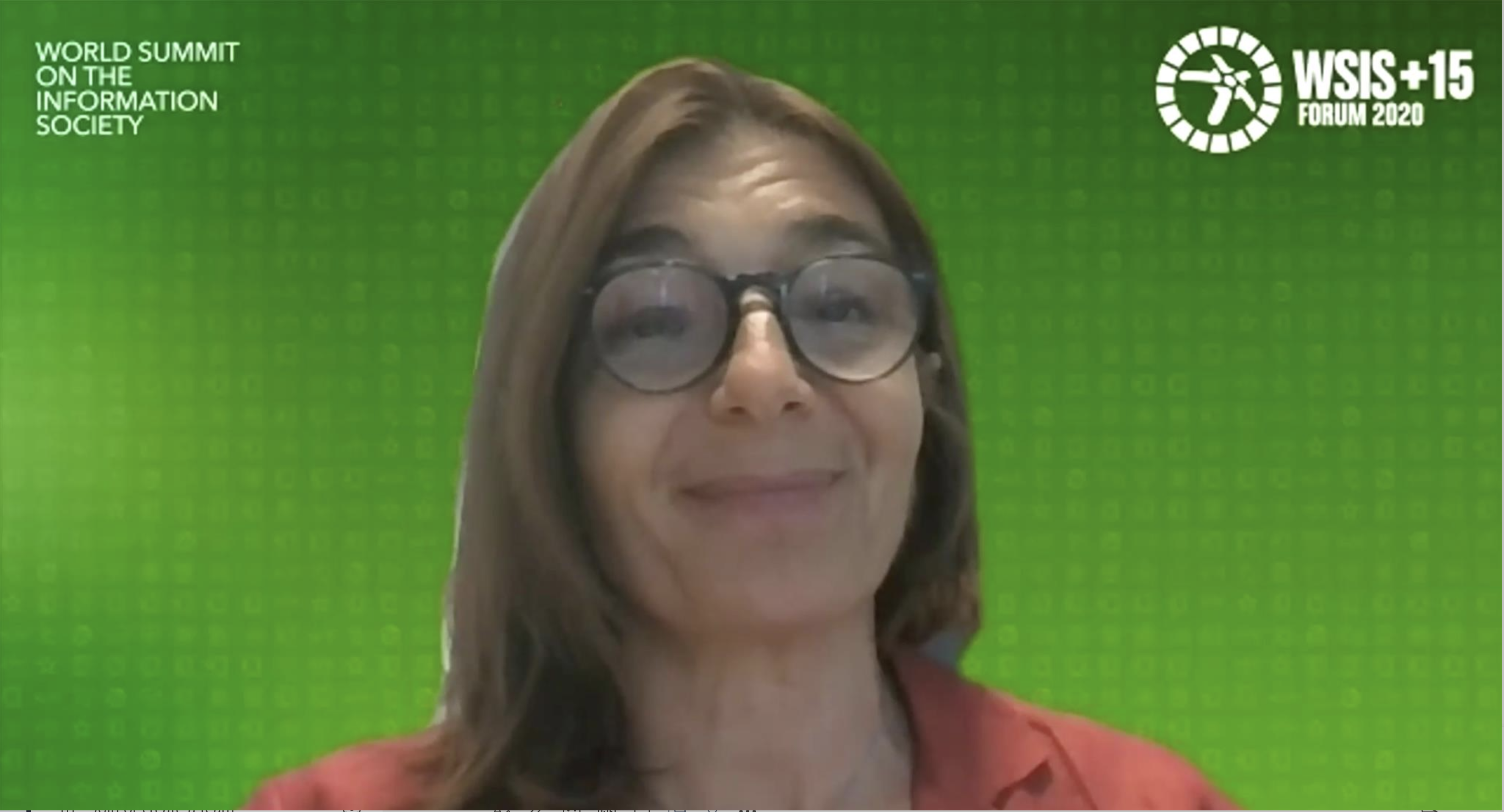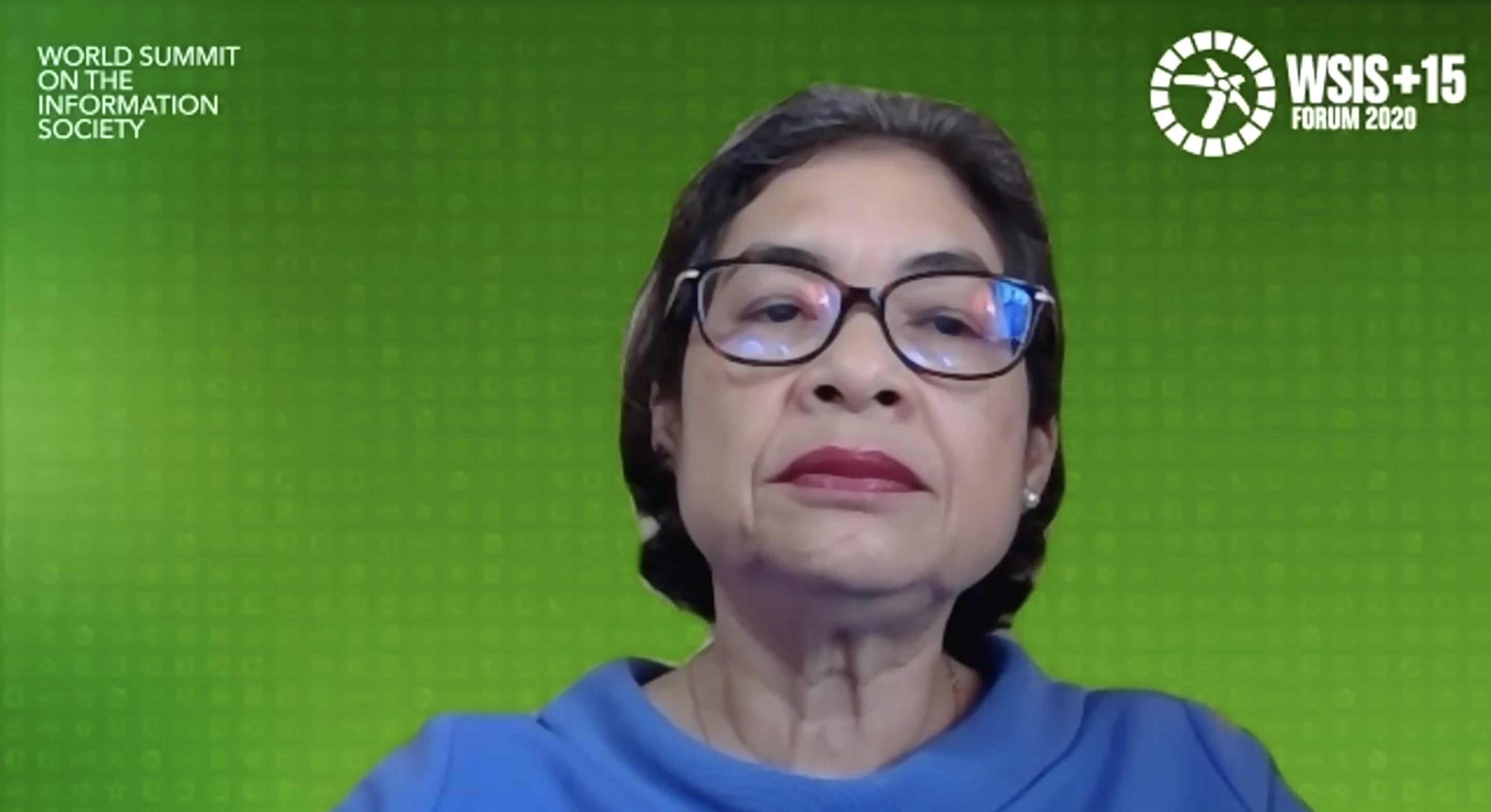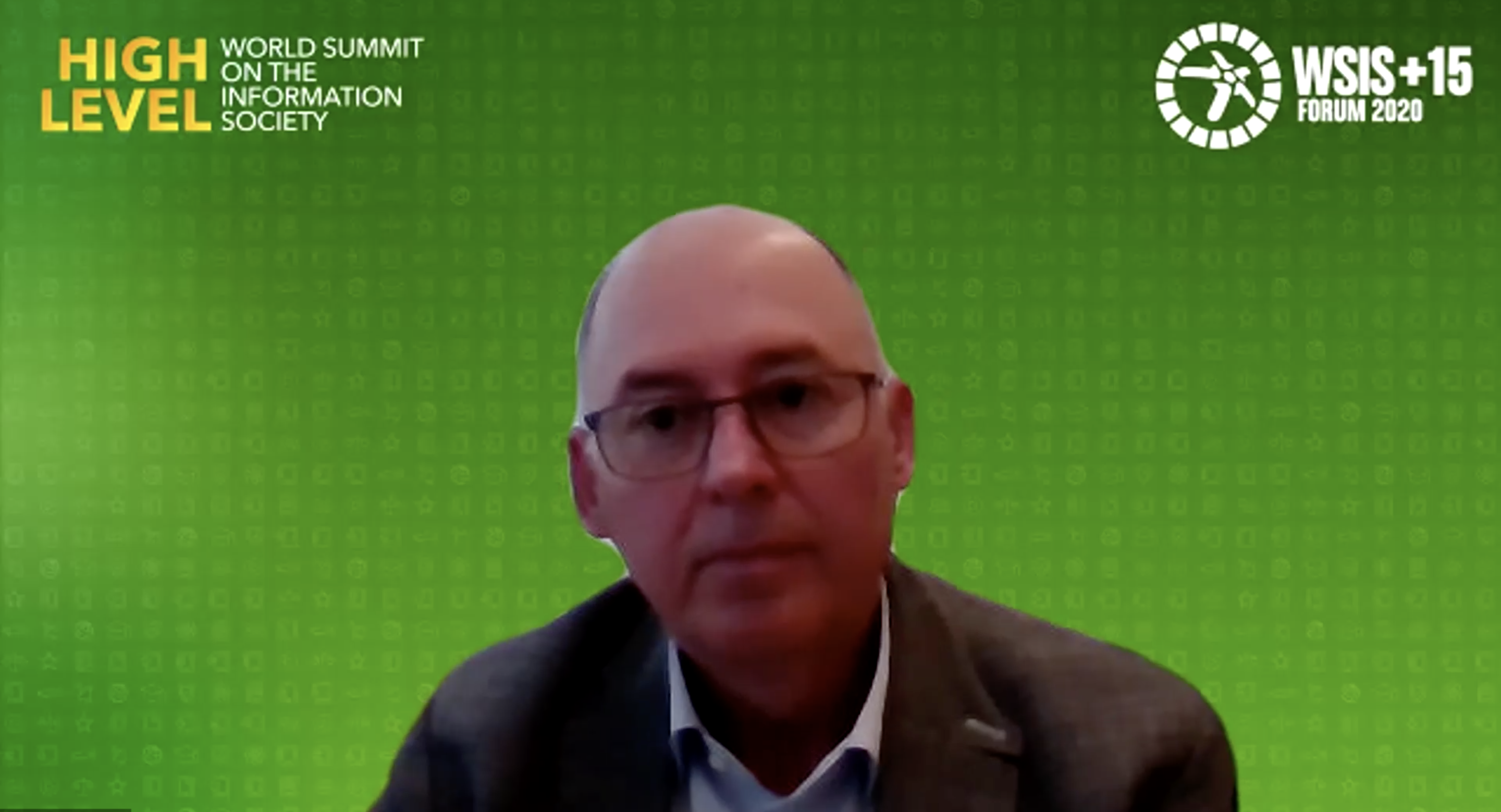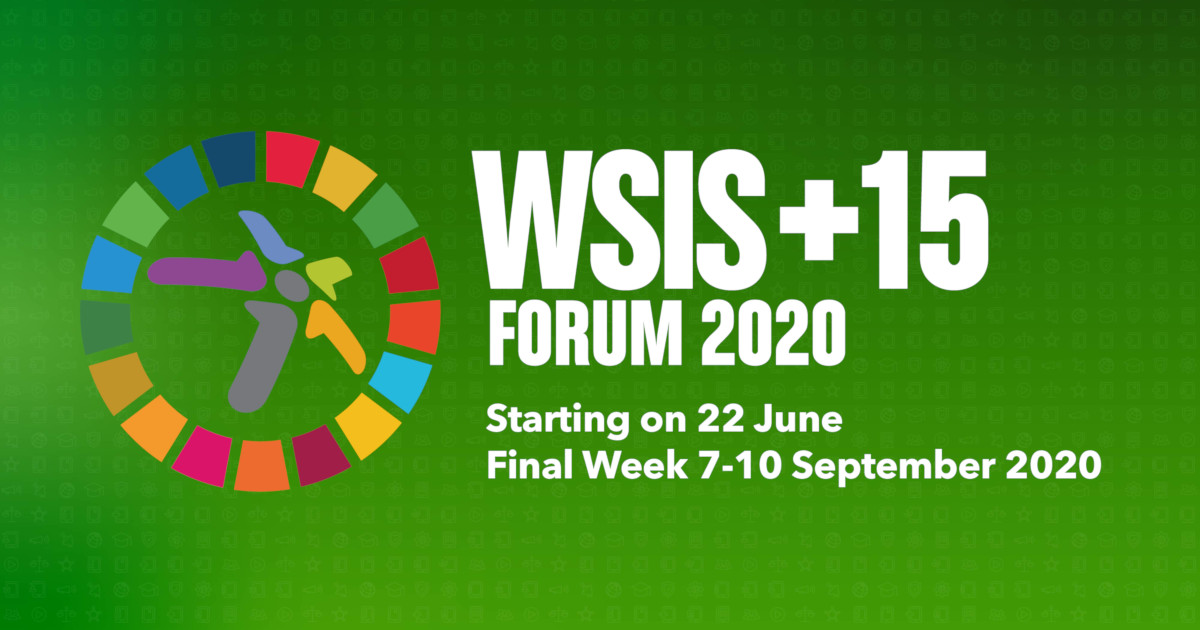High-level Dialogue: Women and emergency telecommunications: ensuring gender equality in building disaster resilience
ITU/UNDRR/EBU/ETC
Session 377
IIn the wake of a disaster, women are more vulnerable and more likely to die than men. The COVID-19 pandemic has devastating social and economic consequences for women and girls because they comprise an estimated 70% of healthcare workers, are over-represented in the informal economy, and take on most domestic work — three areas that compound pre-existing inequality. At the same time, women are critical partners in building disaster resilience, however a range of existing barriers limit their ability to protect themselves and to participate in disaster decision making throughout the phases of the disaster risk management cycle. In times of crisis, information is life-saving. A woman’s ability to access accurate information not only has a direct impact on her own survival and disaster resilience, but also on that of the wider community.
Women’s perspectives and experiences, as well as their ability to organize, lobby and inform, can dramatically advance the disaster risk management agenda. There is a need of innovative and culturally sensitive approaches to help more women and girls empower themselves through digital technologies.
The objective of the High Level Dialogue is to launch the ITU-ETC report on “Women, ICT and Emergency Telecommunications: Opportunities and Constraints”, as well as to discuss good practices, existing impediments, and a way forward to reduce the gender gap, enable inclusive access to, and use of, ICTs to save all people’s lives and to ensure gender equality in building disaster resilience. It will provide points of view from ITU, UNDRR, ETC and EBU on specific actions that need to be done and adopted in terms of ICTs to reduce the gender gap and promote the inclusion of women in disaster risk management and policy frameworks at a national and local level.
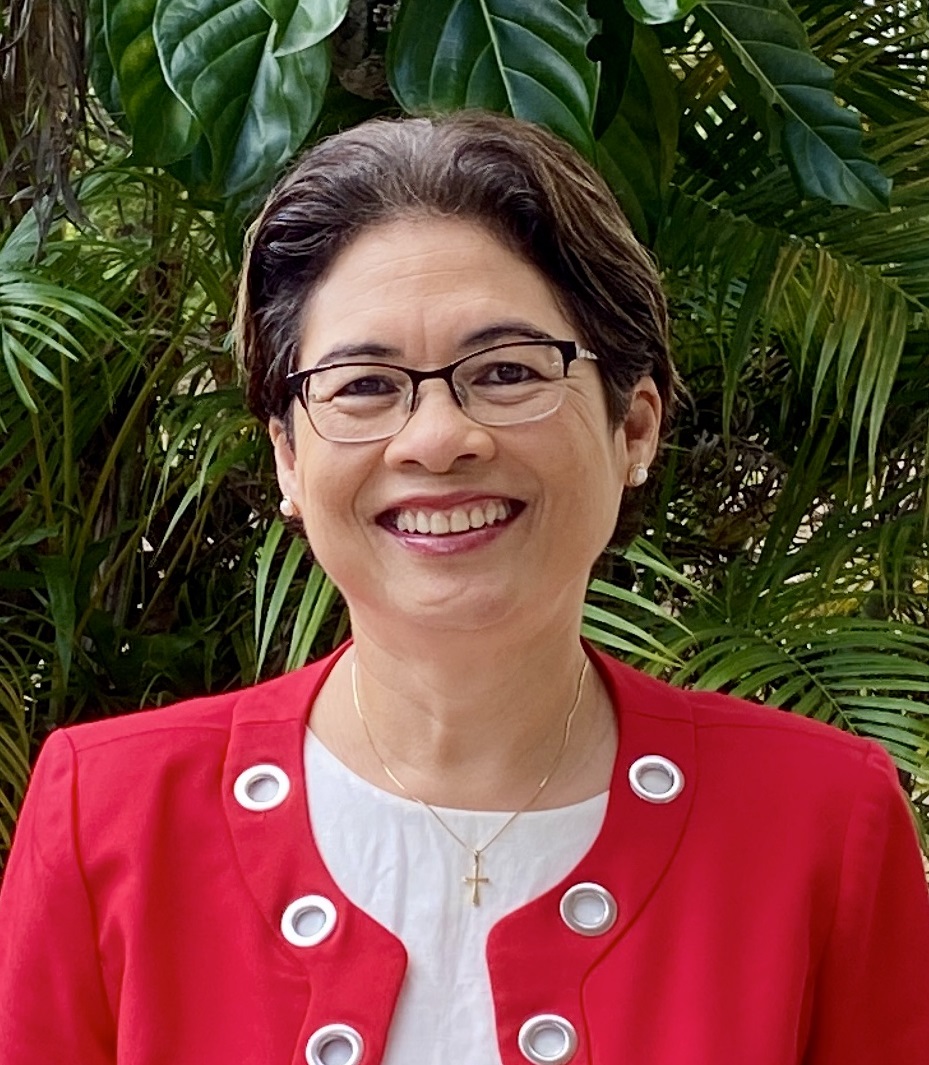
Kim Mallalieu is Deputy Chairman of the Telecommunications Authority of Trinidad and Tobago, TATT, a Fulbright Fellow and Senior Lecturer in the Department of Electrical and Computer Engineering at The University of the West Indies where she leads the academic, commercial and outreach programmes in Communication Systems.
Dr Mallalieu has previously held the position of Head of Department and led the development of the Master’s in Telecommunications Regulation and Policy, MRP (Telecommunications), coordinating its delivery to participants from over thirty developing countries. She has led many institutional, national and regional initiatives designed to build capacity for ICT-enabled developmental interventions and innovation and was a founding member of Diálogo Regional sobre Sociedad de la Información (DIRSI). As Principal Investigator of the Caribbean ICT Research Programme, she is engaged in multidisciplinary action research revolving around regionally appropriate strategies and technologies in support of development.
Dr Mallalieu holds a BS Electrical Engineering from MIT; MS Optics from the University of Rochester (Institute of Optics) and a PhD in Electronic and Electrical Engineering from University College London. She is a licensed amateur radio operator and the recipient of local, regional and international teaching awards as well as several other awards of distinction.
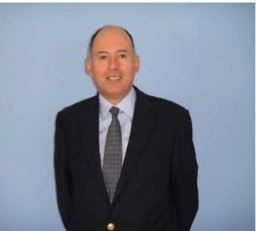
Ricardo Mena has served in the United Nations system since 1993, occupying positions in the United Nations Department of Humanitarian Affairs (UNDHA), United Nations Development Programme (UNDP), United Nations Office for the Coordination of Humanitarian Affairs (OCHA), the Department of Management and with the UN Office for Disaster Risk Reduction (UNDRR).
In 2009, Mr. Mena joined UNDRR as head of its Regional Office for the Americas and the Caribbean based in Panama. In 2017, he took on the position of UNDRR Chief of Branch in charge of Supporting and Monitoring the Implementation of the Sendai Framework for Disaster Risk Reduction based in Geneva. He served as Director ad interim of the organization from December 2019 to May 2020, and was appointed as Director on 1 June 2020.
Mr. Mena has ample experience in all the facets of disaster risk reduction and its links with sustainable development, climate change and humanitarian crisis.
He led 16 UN disaster relief missions, worked extensively in disaster preparedness and recovery, coordinated the implementation of national disaster mitigation projects in various countries and led the formulation of a preparatory assistance for the development of a disaster mitigation strategy for Latin America. He led the establishment of the Business Continuity Management Unit at the UN Headquarters and oversaw the implementation of the corporate Avian Flu Preparedness Plan in New York and offices away from Headquarters.
Prior to his engagement with the United Nations, Mr. Mena held managerial positions in the private sector in Ecuador and worked with the organization Partners of the Americas as Deputy Director of an Emergency Preparedness Program for Ecuador and neighbouring countries. Mr. Mena holds a master’s degree in Risk, Crisis and Disaster Management from the University of Leicester, United Kingdom.
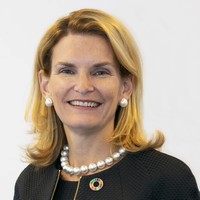
Doreen Bogdan-Martin was elected Director of the ITU Telecommunication Development Bureau in November 2018 and took office on the 1 of January 2019.
She is a strategic leader with 30 years' of high-level experience in international and inter-governmental relations, and a long history of success in policy and strategy development, analysis and execution.
From 2008-2018, she led the Strategic Planning & Membership Department of ITU, and also served as Coordinator of United Nations Affairs.
She was one of the architects of the annual Global Symposium for Regulators and leads ITU's contribution to the EQUALS Global Partnership for Gender Equality in the Digital Age. She serves as Executive Director of the UN Broadband Commission for Sustainable Development, and is leading ITU's collaboration with UNICEF and others on the GIGA project to connect the world's school.
She holds a Master's degree in International Communications Policy from the American University in Washington, DC and a post graduate certificate in Strategies for Leadership from the Institute for Management Development in Lausanne, Switzerland.
She is an affiliate of the Harvard University Berkman Klein Center for Internet and Society , and a Generation Unlimited Champion. She serves on a number of advisory bodies, including the Geneva Tsingua Initiative, the SDG Lab Advisory Board, and the UN Technology Innovation Labs . She is also an amateur radio operator.
Ms Bogdan-Martin is married with four children.
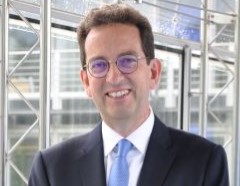
Antonio has extensive experience in conceiving, developing and taking new products and services to market. He has worked as Director of Innovation, and a Member of the Management Committee, at Eutelsat since 2008 where he was responsible for launching innovative IP based satellite services.
Antonio is an internationally acclaimed expert in digital television, satellite communications, IP-based multimedia services and mobile telecommunications and managed a team of international experts. Amongst his many achievements, he participated in the launch of the first GSM services and was responsible for launching the first Digital TV services in Europe; he played a central role in the convergence between the broadcasting world and the Internet world in the mid 90’s with the launch of the DVB-IP set of standards; and oversaw disruptive ideas being translated into new products and commercial services.
With strong knowledge of the European market, he has worked closely with the leading players in the fields of Digital TV and Multimedia Services, and with European institutions at a technical, standardization, regulatory and competition level.
Antonio joined Eutelsat in 1990 and took part in key phases of its development from an international organization to privatization in 2001 and to the IPO in 2005. He worked initially as a New Services Manager and Head of the Multimedia Services Business Unit, launching the first Internet via satellite and satellite mobility services in Europe prior to his appointment as Director of Innovation where he developed the first satellite IOT service platform and the first native satellite OTT services.
Before working at Eutelsat, Antonio worked for the European Space Agency and started his career working for Telespazio and Selenia Spazio.
Antonio was a founding member of the Digital Video Broadcasting (DVB) project and has been a member of its Steering Board since its inception in 1993.
Antonio has a Doctorate in Electronics & Telecommunications Engineering from the University of Pisa. He is fluent in Italian, English and French.
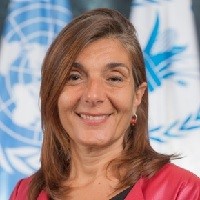
Ms Enrica Porcari is the Chief Information Officer and Director of Technology of the World Food Programme (WFP), and Chair of the Emergency Telecommunications Cluster (ETC).
Enrica is leading the digital transformation of WFP by fostering the use of technologies, particularly by facilitating the digital relationships between humanitarian operators and the people they support. Internally, her efforts focus on turning WFP into a data-driven organization, while establishing peer-based relationships with the private sector towards the common goal of eradicating hunger worldwide. Prior to her present appointment, Enrica was the first CIO at the CGIAR Consortium, then the Director of Shared Services, which included ICT, procurement and support services.
In her assignment with WFP before that, she coordinated ICT global activities and created WFP’s IT Emergency Response Team, which is now the recognized humanitarian emergency technology lead. Enrica is an Italian national and holds a Master in Social Sciences and a Master in International Public Procurement Management.
-
 C3. Access to information and knowledge
C3. Access to information and knowledge
-
 C4. Capacity building
C4. Capacity building
-
 C7. ICT applications: benefits in all aspects of life — E-environment
C7. ICT applications: benefits in all aspects of life — E-environment
The High Level Dialog is linked to several action lines, such as access to information and knowledge (C3), capacity building (C4) as well as ICT applications: benefits in all aspects of life - E-environment because. The session will highlight that the digital gender divide is blocking women from becoming equal stakeholders in society, which means that in turn they can put entire communities at greater risk during emergencies. The session also highlights the importance of advancing gender equality in disaster risk management, and leveraging context-appropriate information and communication technologies (ICTs) which are critical to deliver essential information to the most vulnerable of communities in a timely manner, before, during and after disasters strike.
-
 Goal 4: Ensure inclusive and equitable quality education and promote lifelong learning opportunities for all
Goal 4: Ensure inclusive and equitable quality education and promote lifelong learning opportunities for all
-
 Goal 5: Achieve gender equality and empower all women and girls
Goal 5: Achieve gender equality and empower all women and girls
-
 Goal 11: Make cities inclusive, safe, resilient and sustainable
Goal 11: Make cities inclusive, safe, resilient and sustainable
Gender equality by 2030 requires urgent action to eliminate the many root causes of discrimination that still curtail women’s rights in private and public spheres. Women and girls, everywhere, must have equal rights and opportunities, and be able to live free of violence and discrimination. Women’s equality and empowerment is one of the 17 Sustainable Development Goals, but also integral to all dimensions of inclusive and sustainable development. In brief, all the SDGs depend on the achievement of Goal 5.
